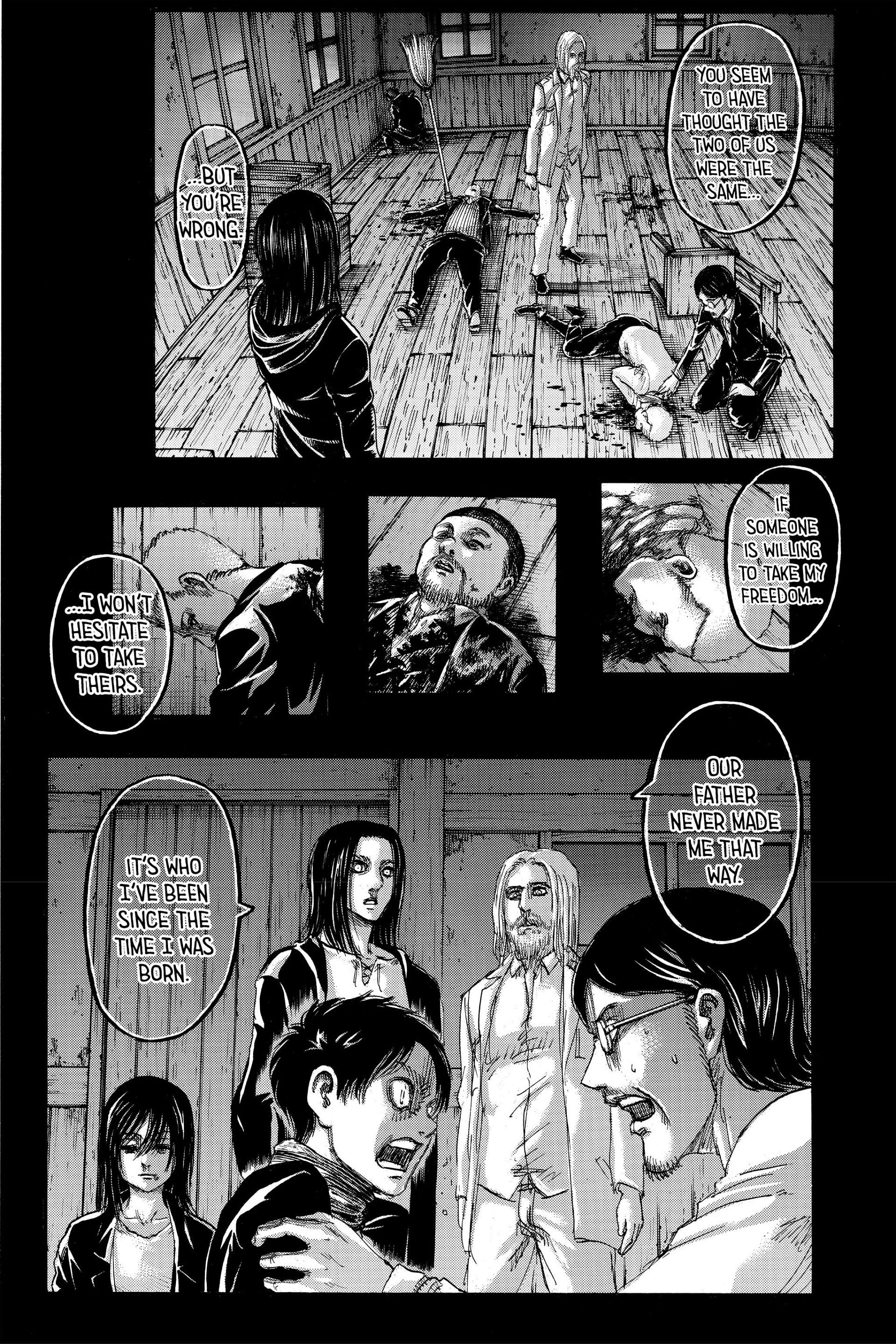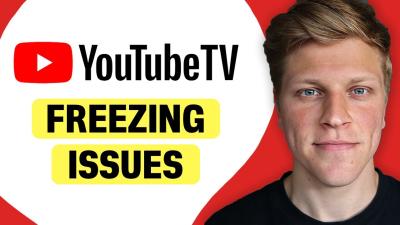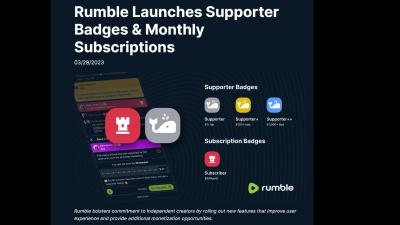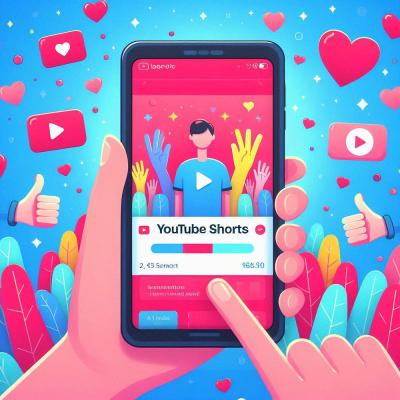Eren Yeager, the protagonist of Attack on Titan, is one of the most complex characters in modern anime. From the very beginning, we see him driven by a fierce desire for freedom and a deep-seated hatred for Titans. But as the series progresses, Eren's motivations evolve, leading him down a dark path that challenges our perception of heroism and morality. In this post, we’ll explore what makes Eren tick and how his experiences shape his ultimate decisions.
At the heart of Eren's character is his insatiable drive for freedom. Growing up in a world where Titans preyed on humanity, Eren yearns to break free from the literal and metaphorical walls that confine him. This desire is deeply rooted in personal tragedy, most notably the destruction of his home and the loss of his mother, which plants the seeds for his fierce revenge against the Titans.
However, as Eren's journey unfolds, we witness a significant transformation. His motivations shift from a simple quest for revenge to a more complex ideology:
- Defending his friends and loved ones
- Understanding the truth about Titans and his own heritage
- Making difficult choices for what he perceives as the greater good
By the time we reach the Rumbling arc, Eren's character has morphed into a symbol of radical change. He is no longer the boy who simply wanted to see the ocean; he has become a product of his environment and experiences, grappling with moral dilemmas that leave the audience questioning right from wrong. This transformation evokes empathy, even as he embraces actions that many may find unforgivable.
Through Eren, Attack on Titan challenges viewers to reflect on the nature of freedom, the cycle of violence, and the cost of achieving one's goals. As we analyze Eren's success in the Rumbling, it's crucial to recognize these underlying motivations that propel him forward, no matter the cost.
Understanding the Rumbling in Attack on Titan

The Rumbling, a cataclysmic event in Attack on Titan, serves as a pivotal plot point in the series and a testament to Eren’s conflicting motivations. Essentially, the Rumbling unleashes the colossal Titans within the walls of Paradis Island, creating an unstoppable force that Eren intends to use to eradicate the rest of humanity outside the island. But what does this truly signify?
To fully understand the Rumbling, we need to look at its implications:
- Power Dynamics: The Rumbling shifts the power dynamics dramatically, showcasing Eren's ultimate control over the Titans. This act is a declaration of his intention to protect Paradis at any cost, positioning him as a formidable foe against the rest of the world.
- Moral Ambiguity: Eren's choice to initiate the Rumbling raises essential questions about morality. Is it justifiable to commit mass destruction for the sake of perceived freedom? The series continuously prompts viewers to ponder the cost of such actions and whether it makes him a villain or a tragic hero.
- Cycle of Violence: The Rumbling acts as a metaphor for the ongoing cycle of hatred and revenge. Eren's decision reflects a culmination of historical grievances and a desire to liberate his people, yet it also perpetuates a cycle of escalation and retribution.
Visually, the Rumbling is depicted as a terrifying and awe-inspiring phenomenon, with countless colossal Titans marching across the land. This imagery amplifies the horror and scale of Eren’s plan, emphasizing the catastrophic potential of his choices. As the scene unfolds, we are left in awe of both the cinematic experience and the grim reality of what Eren is willing to unleash.
Ultimately, the Rumbling is not just about destruction; it is a manifestation of Eren's inner turmoil. As he confronts the consequences of his actions, we see a character wrestling with his ideals, intentions, and the sheer weight of the decisions he has made. It’s a haunting exploration of what it means to fight for freedom, as Eren’s path becomes one of tragic heroism painted in shades of gray.
In analyzing Eren's success in the Rumbling, we uncover the intricate layers of his character development and the profound themes that Attack on Titan skillfully weaves into its narrative.
Also Read This: Can You Get Pole V2 Without Rumble? Exploring Alternatives for Fortnite Players
3. Eren's Actions Leading to the Rumbling

To understand Eren Yeager's monumental decision to initiate the Rumbling, we have to trace back through a series of pivotal events and emotional turning points in his life. Eren's journey is a complex tapestry woven from trauma, loss, and an unwavering commitment to protecting those he loves. His early experiences, especially the destruction of Shiganshina and the loss of close friends, profoundly shaped his worldview. They instilled in him a fierce desire for freedom, not just for himself but for all Eldians.
One of the critical catalysts for Eren's drastic actions was the conflict stemming from Marley. Villains in the story aren’t black and white; they embody shades of gray, and this is particularly evident in Marley’s treatment of Eldians. Eren grew disillusioned after learning the extent of Marley’s oppression and how they viewed Eldians not just as second-class citizens but as sub-human. This revelation pushed him towards a radical solution, leading him to embrace the idea of the Rumbling as a form of retaliation.
After obtaining the Founding Titan's powers, Eren faced the burden of choice. His decision to awaken the Rumbling was not made lightly. Rather, it was a culmination of his belief that peace could only be achieved through sheer, unstoppable power. Eren's turning point in the series arguably came during his conversations with his friends, particularly with Armin and Mikasa. They each represented different ideologies, yet Eren found himself at odds with their visions. While they dreamed of coexistence, Eren believed that the cycle of hatred could only be broken through utter destruction.
- Isolation: Eren's growing distance from his friends played a significant role in shaping his decisions. As he increasingly gathered the weight of the world on his shoulders, he opted for a path that his friends could not follow.
- Revealing the Truth: Eren's choice to disclose the truth about the world to his comrades further fractured their bonds, pushing him closer to the brink of madness and the inevitability of the Rumbling.
- Transitioning From Hero to Antihero: Eren's evolution from a driven hero to what many perceived as an antagonist marks a significant shift and reflects the moral complexity of his choices.
Ultimately, Eren's actions were driven by a desire to liberate Eldians from oppression, yet the methods he chose were devastating. The Rumbling is not merely an event; it is a manifestation of Eren’s culmination of experiences, fears, and desires—a darker reflection of what it means to protect those you love.
Also Read This: Does Rumble Make Money? Analyzing Rumble’s Revenue Model and Business Strategy
4. The Outcomes of the Rumbling
When the dust settled from the catastrophic wave of destruction known as the Rumbling, the world as we knew it underwent a transformation. Eren's choices led to profound ramifications, reshaping the landscape of not only Paradis but the entire globe. So, what were the outcomes of Eren’s drastic actions? Let’s dive into the chaos that followed.
First and foremost, the *massive loss of life was the most evident outcome. The Rumbling exterminated millions and left entire civilizations in ruins. For many characters, this was a bitter pill to swallow, with the sheer scale of destruction overwhelming even the most hardened veterans of the conflict.
- Destruction of Marley: Marley's military and cities faced annihilation, leaving a power vacuum in their wake. This devastation shifted global power dynamics.
- Domestic Chaos: Within Paradis, the aftermath of the Rumbling sparked internal conflict. Those who supported Eren clashed with survivors and dissenters who sought a return to peace.
- Moral Questions: The heavy toll raised profound ethical dilemmas. Many characters questioned the morality of Eren’s actions. Could such an act ever be justified?
Secondly, the Rumbling marked a stark turning point in Eren's relationships. Characters like Armin and Mikasa faced an unspeakable betrayal. Once comrades in arms, their inability to reconcile with Eren's methods pitted them against the very person they once trusted. This rift encapsulated a vital theme of the series: the cost of freedom and the weight of choice.
Finally, there was the legacy of fear and the call for unity. The perpetrators of the Rumbling forced the world’s remaining factions to confront their own prejudices. In an ironic twist, enemies of the past began to recognize their shared humanity—not just as the “other” but as fellow survivors. This could potentially lay the groundwork for a more united future, albeit one built upon the ashes of a painful past.
In brief, the outcomes of the Rumbling are a blend of tragedy and the unsettling potential for change. Eren's drastic choices left a scar on the world but also ignited conversations about freedom, responsibility, and the true cost of survival. As fans continue to analyze and debate these outcomes, it becomes clear that the themes presented in "Attack on Titan" resonate far beyond its fictional boundaries.
Also Read This: How to Make Money off Rumble and Start Earning Income from Your Content
5. Impact on Other Characters and the World
When we talk about the impact of Eren Yeager's success in initiating the Rumbling, we really have to consider the ripple effects throughout Attack on Titan. This monumental decision didn't just shake the foundations of Marley and the Eldian people; it sent shockwaves across the entire world.
First up, let's think about the characters closely tied to Eren. His friends from the Survey Corps—Mikasa, Armin, and others—were fundamentally affected by his choices. For instance, Mikasa, who has always harbored deep feelings for Eren, found herself in a moral struggle. The choice to stand by him or stop him forced her to confront not just her feelings but also her values. Imagine being torn between love and the moral implications of genocide. That’s heavy!
On the other hand, Armin, who takes on a leadership role among the surviving characters, bears a significant burden. Throughout the series, we’ve seen him evolve from a timid boy into a strategic mastermind. However, witnessing the destruction and chaos wrought by Eren causes him to wrestle with feelings of guilt and helplessness. He constantly contrasts the ideal of a peaceful world with the brutal reality they face, showcasing the emotional weight of Eren’s choices.
Then there are the antagonists—like Reiner and Gabi—who represent the other side of the coin. Eren's actions force them to reevaluate their beliefs and motivations. Reiner, who has dealt with his own trauma and guilt related to his role in the cycle of violence, faces a world catapulted into further chaos. Gabi's character arc, particularly, showcases the struggle of a young girl shaped by war, as she grapples with her desires for vengeance and understanding in this new world order.
But let’s not forget the wider implications for the world itself. The devastation caused by the Rumbling drastically alters global power dynamics. The Titans march not only destroy cities but also reshape the political landscape, plunging all nations into instability. Eren’s rumblings force nations to respond—not just with military might but also with diplomatic maneuvers, and the balance of power hangs precariously in the wake of his drastic measures.
In many ways, Eren’s success leads to a radical rethinking of what it means to coexist. The stark choice between survival and extermination pushes characters and nations into a cycle of conflict that may change the course of history forever. The impact of his actions is felt not just in the immediate fallout but also in the long-term consequences for both Eldians and Marleyans, as they grapple with their identity and future in a world irrevocably altered. Could there ever be peace after such destruction? That’s a question that lingers heavily as the series comes to a close.
Also Read This: How Much Does Rumble Pay for 1 Million Views? Understanding Monetization
6. Debate: Was Eren's Success Truly Justified?
This brings us to a central debate that fans have been swirling around since the Rumbling was set in motion: Was Eren's success truly justified? The answer isn't black and white—in fact, it's layered with complexities and moral quandaries.
On one hand, many argue that Eren's actions were a desperate response to an unyielding system of oppression. From his perspective, having been trapped within the cycle of violence, Eren sees the Rumbling as the only way to secure freedom for the Eldian people. After years of suffering at the hands of Marley and the world that discriminates against them, some fans defend his drastic measures as a last resort. Is it not justifiable to fight for your people's survival, even at such a terrible cost?
However, this perspective raises significant ethical concerns. Can we really justify genocide as a means to an end? Many fans (and characters within the series) argue that Eren’s success comes at the cost of countless innocent lives. The concept of “the ends justifying the means” has proven dangerous throughout history. It begs the question: Is any amount of suffering worth the security gained through such acts?
Moreover, the theme of freedom* in the narrative can be seen in a more nuanced light. Eren believed that by enacting the Rumbling, he would free Eldians from the fear of annihilation. Yet, was he truly freeing them, or was he merely perpetuating a cycle of violence? Would Eren’s victory lead to liberation or further shackling his people into a legacy of hatred and destruction?
Fans of the series continue to debate this moral conundrum. Some look at Eren as a tragic hero, while others view him as a villain whose actions deepen the existing divides. As the narrative unfolds, the exploration of these themes leaves audiences pondering their own views on justice, morality, and what it means to fight for freedom.
Ultimately, Eren Yeager’s success in the Rumbling cannot be easily pinned down as justified or not. The answers lie in the characters' struggles, the destruction of the world, and the ever-evolving conversation around morality. What do YOU think? Did Eren have a choice, or was it an inevitable outcome of his circumstances?
Conclusion: Eren's Legacy in Attack on Titan
Eren Yeager's journey throughout Attack on Titan is one of profound transformation and complexity. Initially portrayed as a determined and passionate hero, his character evolves into a controversial antagonist, leaving viewers with a mixed legacy. Eren's actions during the Rumbling—where he utilized the Founding Titan's powers to unleash colossal titans and initiate a devastating march—serve as a significant turning point in the series.
While Eren's motivations stem from a desire to protect his friends and secure freedom for his people, his methods raise ethical questions about means versus ends. The consequences of his choices resonate through the story, impacting characters and eliciting both sympathy and repulsion from fans.
- Key Aspects of Eren's Legacy:
- Transformation from Hero to Villain
- Exploration of Freedom and Its Costs
- The Impact of Trauma on Decision-Making
- Questioning Morality in War
- Influence on Other Characters
- What Fans Debate:
- Was Eren justified in his actions?
- What does redemption look like for a character like Eren?
- Can his legacy inspire hope despite the devastation?
In summary, Eren Yeager's legacy in Attack on Titan serves as a catalyst for deep philosophical discussions about freedom, sacrifice, and morality. His complex character, fraught with contradictions, remains a pivotal element in understanding the narrative's broader themes.
 admin
admin








